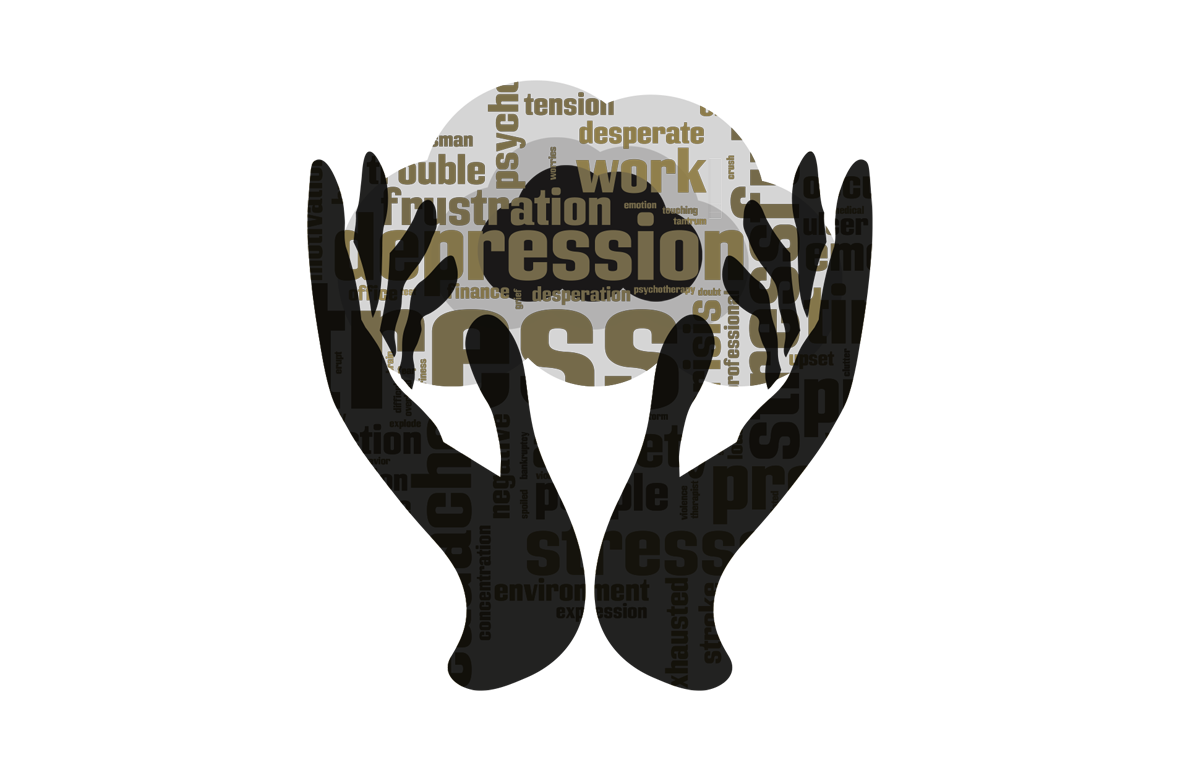Self compassion and the inner critic
Self compassion
Being kind to yourself is not an act of self-indulgence but a pre-requisite for learning and growth.
When we are not kind to ourselves our bodies experience threat reactions which, through the release of stress hormones, such as cortisol, can shut down the parts of our brain which support us to be calm, to remember, to reflect, to problem solve and ultimately to learn from our experiences.
Self compassion involves being kind to our self. It also involves a mindful approach to our experiences, which means that we are able to both notice and accept our emotions, feelings and thoughts without judging, analysing, distorting or denying them.
Throughout life we will experience surges of strong emotion including joy, awe, gratitude, love, and also despair, fear, anger, disgust and hate. Mindful self-compassion means that we recognise these emotions will come and they will go, if we allow them to. When we on hold tightly and give them overly dramatic significance, we get caught in powerful, yet polarized narratives and we fall from our centre. It is when we live in the extremes of our emotional rhythms that our problems take hold.

Our Inner Critic
When we are not kind to our self it is usually the voice of our Inner Critic that dominates our ‘self talk’.
Our critic sounds harsh, punitive and intolerant. It makes us feel bad about ourselves in order to frighten us in to doing and being better. This is threat brain motivation.
When we are motivated by this voice we start to believe that the values and standards of our Inner Critic are applicable to all. Thus, despite our insecurity and weaknesses, we are often experienced by others as dominant, bullying and hypercritical. And we are blind to this reaction for the simple reason that the standards by which we judge others are still lower than the impossibly high standards our Inner Critic has set for us, so in comparison we think we are being fair and even kind in our judgements of others! We are not. Research shows that the stronger our Inner Critic the more likely it is we will be critical of others and experience problems in our relationships.
Our Critic does not give praise, celebrate success or believe in rest, all of which are safe brain capabilities and experiences that we need in order to develop and grow.
Understanding how your critical voice formed, and how it has come to dominate your inner self-talk, is the first step in softening its impact in your life.
In the Dialogue Space we work alongside you as you start to explore how to cultivate warm awareness in your life. Without warm awareness – a kind, accepting and forgiving orientation to life – we will find it difficult to face and work with the deeper forces that sustain our problem habits of feeling, thinking and behaving.
Find out more about how we can help with our online group sessions and one to one, couple and family sessions